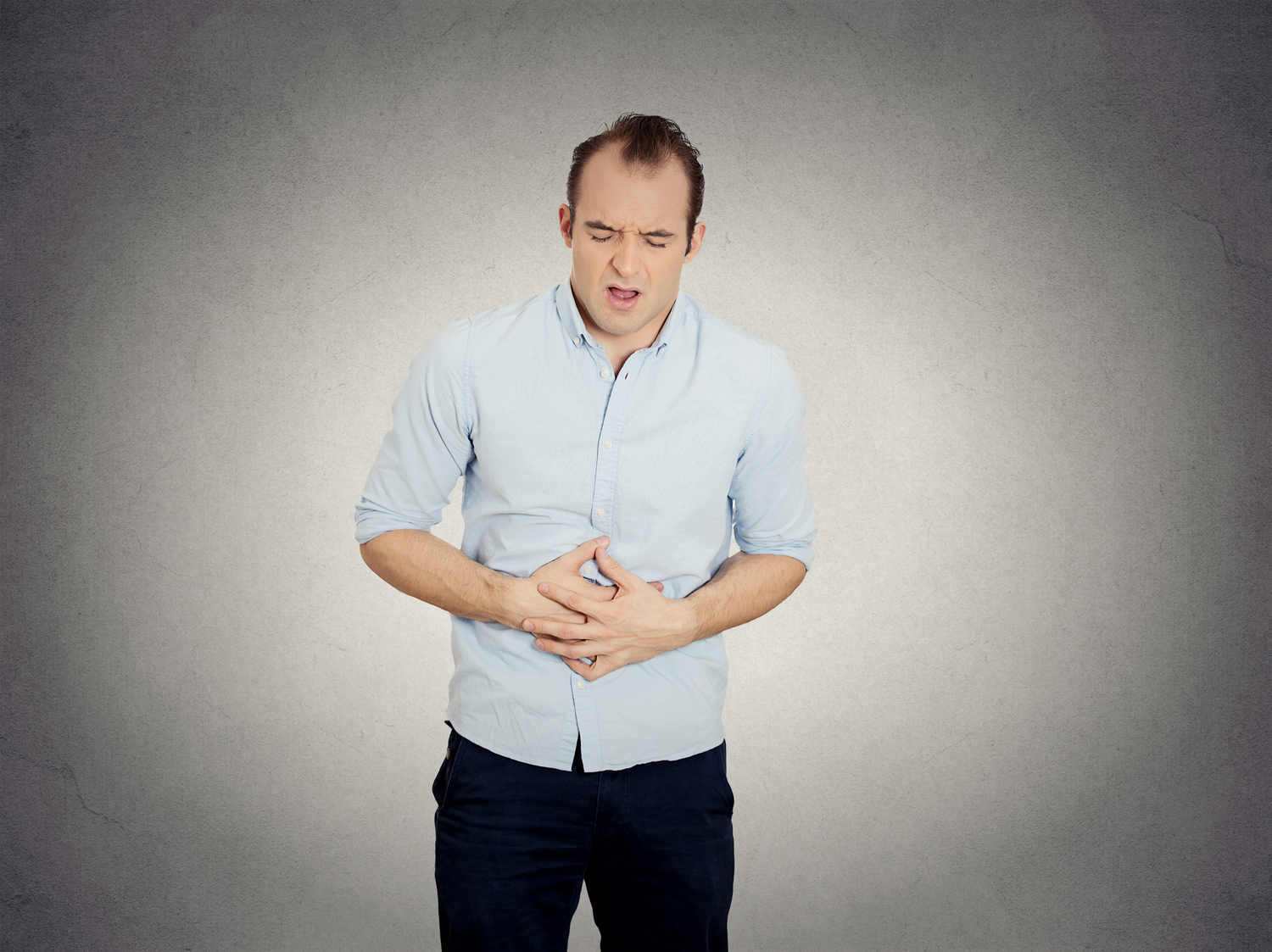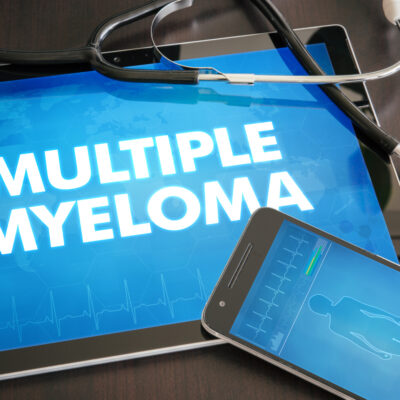
What are the causes and symptoms of duodenal ulcers
A sore that forms within the lining of the duodenum is known as duodenal ulcer. The duodenum is the first part of the small intestine, the part of the digestive system that food travels through after it leaves the stomach. One can get an ulcer in the stomach as well as the duodenum. Stomach ulcers and duodenal ulcers are both types of peptic ulcers and are also called peptic ulcer diseases.
One can have ulcers at any age, but the chance is higher as one gets older. Some peptic ulcers heal by themselves, but if not treated properly they tend to come back. They can erode the blood vessel wall in the stomach or small intestine. The ulcers can also create a hole through the lining – leading to infection. It can also cause swelling that may block food from moving from the stomach to the small intestine. An untreated duodenal ulcer can develop into a serious problem if one has certain existing medical conditions. If the condition is not properly diagnosed and treated, it might enhance the risk of cancerous tumor growth.
Causes of duodenal ulcer
The stomach produces a strong acid that kills germs and helps to digest food. To protect themselves from the acid, cells of the stomach and duodenum make a barrier from the mucus. If this barrier is damaged, ulcers can form.
- The main cause of this damage is infection by bacteria called Helicobacter pylori. The bacteria can cause the lining of the duodenum to become inflamed, and an ulcer can form.
- Some medications can also cause duodenal ulcer, particularly anti-inflammatory drugs such as ibuprofen and aspirin. Other medicines or medical conditions might rarely cause ulcers.
- It is possible that one is more likely to get an ulcer if one smoke’s, drinks a lot of alcohol, or is stressed, but these things are less causative than infection from Helicobacter pylori.
- The risk of developing a peptic ulcer can also increase due to a person’s genetics and lifestyle.
Symptoms of duodenal ulcer
The most common complaint associated with this ulcer is a burning pain in the stomach. It may also cause abdominal pain a few hours after eating. The pain might subside due to medications or foods that reduce stomach acid, but as the affect of these wear off, the pain usually returns. An empty stomach can worsen abdominal pain, for example between meals. Other common symptoms of peptic ulcer include-
- Heart burn or indigestion
- Feeling full, even when the stomach is empty
- Bloating
- Gas
- Nausea
People with an duodenal ulcer may also develop intolerance to specific foods. Ulcer-related symptoms might get worse, and the person suffering from ulcers might also feel sick after consuming such foods. Less common and more severe symptoms include:
- Feeling lightheaded
- Weight loss
- Blood in stool
- Vomiting
- Vomiting blood
- Troubled breathing
Some people with peptic ulcers do not experience any symptoms. But they might be detected while checking for a different digestive disorder as well.


